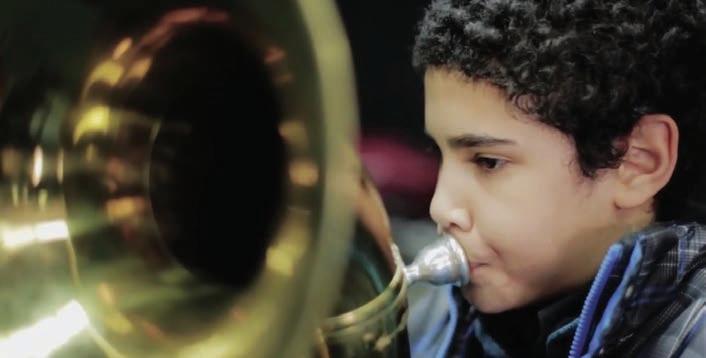
2 minute read
Lakewood changes political finance laws focusing on transparency and accountability
BY ANDREW FRAIELI AFRAIELI@COLORADOCOMMUNITYMEDIA.COM

More parents, guardians and lower-income residents may be able to more easily run for Lakewood City Council now — or at least that was the motivation for the latest ordinance change that passed on Feb. 27 with much debate on the details.

e debate within the council was not about the parts allowing campaign funds to be used for adult and childcare, but how the application of that motivation a ects the accountability and transparency aspects of the ordinance.
“One of our major purposes here was to encourage folks who have not had the accessibility to council seats, put o either by the expense or the rigors,” Councilmember, and head of the ad hoc committee that originally presented the ordinance changes, Charley Able said.

Part of the expenses concerned was covered by the child and adult care application of funds, but Council also focused on nes, which falls under both accountability and transparency.
“ e purpose of a campaign nance piece of legislation is to help create transparency and this feels like it reduces the teeth and the ability to enact any sort of penalties on that,” Councilmember Jeslin Shahrezaei said in regards to one change that would have allowed complaints of violations to be dismissed if not decided upon within 15 days.
Another ne-focused section concerned cam- paign committees that do not le timely reports. Originally, the City Clerk could impose a $10 ne per day for the rst ve days, then $25 for the tenth day and $50 for the eleventh through the fteenth day. A proposed change changed this to a maximum ne of $25, with Shahrezaei motioning that candidates should be held to the original, higher standards.
“Yes, we should maybe be held to a higher standard, but at the same time, we are running campaigns, banging on doors and running around in the streets raising money and doing all these other things, and somebody — not me of course — could easily forget to le for a day or two,” Councilmember Rich Olver said.
Shahrezaei’s motion did not pass, though Councilmember Wendi Strom similarly thought $25 was not punitive enough and motioned to simply change the wordage back to the original.
“I think it makes a lot of sense in the fact that I understand that something could come up, folks could get sick, but we’re the policymakers, we need to be able to follow the rules,” Mayor Adam Paul said. “ is is a serious job, and people are putting their faith in you to represent them, and I think we should be accountable to follow the rules and be able to follow deadlines and le things e ectively and e ciently.” e wordage was reverted to the original.
Other transparency issues were attempted to be resolved by Councilmember Mary Janssen who suggested increasing contribution limits for various committees and individuals.
“I think that making these contributions higher limits may reduce dark money funding,” she said, though none of her motions to increase limits passed. So-called “dark money” or “grey money” came up multiple times as an issue of transparency referring to large expenditures by independent expenditure committees — groups working independently of candidate campaigns, commonly buying ads.
Able called IECs one of the biggest obstacles to empowering people with lower incomes but did not support raising these limits.
“ e fact that you’re raising limits doesn’t help people who may have less money be able to run, it allows somebody to be able to take more money in a transparent way,” Paul added in support.
Further tweaks to the ordinance debated upon continued to focus on transparency, as the limit where contributions had to be disclosed was reverted back to $100 from the edited $50. e ordinance passed 9-1 with Councilmember Anita Springsteen the only opposing vote.









